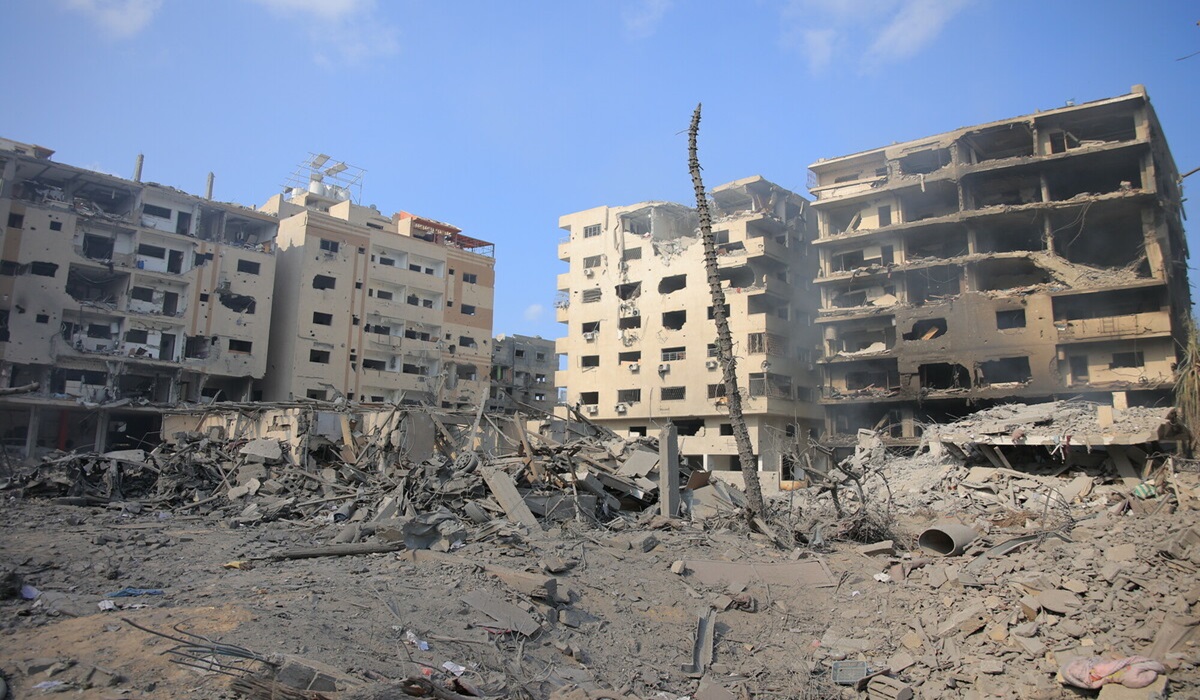Trapped in Despair: Deadly Bombing In Lebanon, Pushes Families Into Syria’s War Zone
- Ingrid Jones
- Middle East
- Trending
- October 17, 2024

Photo: Yousef Hammash/NRC
As yet another humanitarian crisis emerges in the Middle East, the lives of displaced people in Lebanon and Syria spiral into a horrific, almost unimaginable situation. Thousands of families are forced to flee their homes under the relentless bombardment of Israeli forces, their journey fraught with terror, exhaustion, and the looming specter of starvation. The scale of suffering stretches beyond the limits of what the world has already failed to address, adding fuel to an already raging inferno of human despair.
The Norwegian Refugee Council (NRC) has sounded the alarm, warning of an impending catastrophe that is not isolated, but part of a rapidly deteriorating situation across the region. Angelita Caredda, NRC’s Middle East and North Africa Regional Director, underlined the sheer depth of this crisis. “Syria is already on its knees after 13 years of conflict,” she said, emphasizing the mass displacement triggered by Lebanon’s conflict with Israel. These families, crossing into Syria by the tens of thousands, enter a country that is itself hanging by a thread, incapable of meeting the dire needs of its own war-torn citizens.
The numbers tell a story of horror: more than 276,000 Lebanese and Syrians have already crossed the border, most of them women and children, some children making the journey completely alone. Families, shattered by war and deprivation, walk on foot across a landscape of destruction, carrying nothing but their few salvaged possessions. With Israel targeting the main crossing points, they are left to traverse this no-man’s land without any certainty of safety or survival.
As they arrive in Syria, they are met with scarcity—scarcity of shelter, of food, of water. Even basic human needs are a luxury beyond reach. The makeshift camps and reception areas are overwhelmed, their resources exhausted before they even open their gates. Meanwhile, food prices have skyrocketed, and the cost of even the most basic housing has become a distant dream. With the constant threat of exploitation and the unbearable weight of trauma, the emotional and psychological toll on these refugees, especially children, is devastating. Yet mental health services, like everything else, are in perilously short supply.
For these families, returning to Syria is not a choice. There is no dignity in the return, no hope. It is an act of desperation, driven by a world that has abandoned them to fend for themselves in a region plagued by political dysfunction and systemic neglect. International responses, both in Europe and the Middle East, are shamefully inadequate, leaving countries that host refugees to shoulder the burden alone. The rise in anti-refugee rhetoric only compounds the misery, adding to the deportations, evictions, and arrests that have plagued Syrian refugees throughout this past year.
The expanding humanitarian disaster now threatens millions across borders. As global powers watch from the sidelines, their inability or unwillingness to broker a ceasefire condemns countless people to unimaginable suffering. The stakes have never been higher, and yet, funding for Syria’s humanitarian needs stands at just 26%, a shocking and unforgivable shortfall in the face of such vast devastation. Donors must urgently release both pre-pledged and additional funds, for the collapse of this region is no longer a distant possibility—it is happening now, in real time.
For Syrians, life has become a brutal cycle of displacement, exploitation, and violence, and as more and more people are forced to cross into a land of no safety, no future, and no hope, the question is no longer how bad it will get—it’s how many more lives will be shattered before the world finally wakes up.
This is no time for platitudes. This is no time for the empty rhetoric that has defined so many international responses to crises in the Middle East. The region teeters on the brink of total collapse, and only a profound, coordinated effort can prevent millions more from being caught in the whirlwind of war, displacement, and death. Global diplomacy must act now, or it will forever be haunted by the stain of its inaction.








